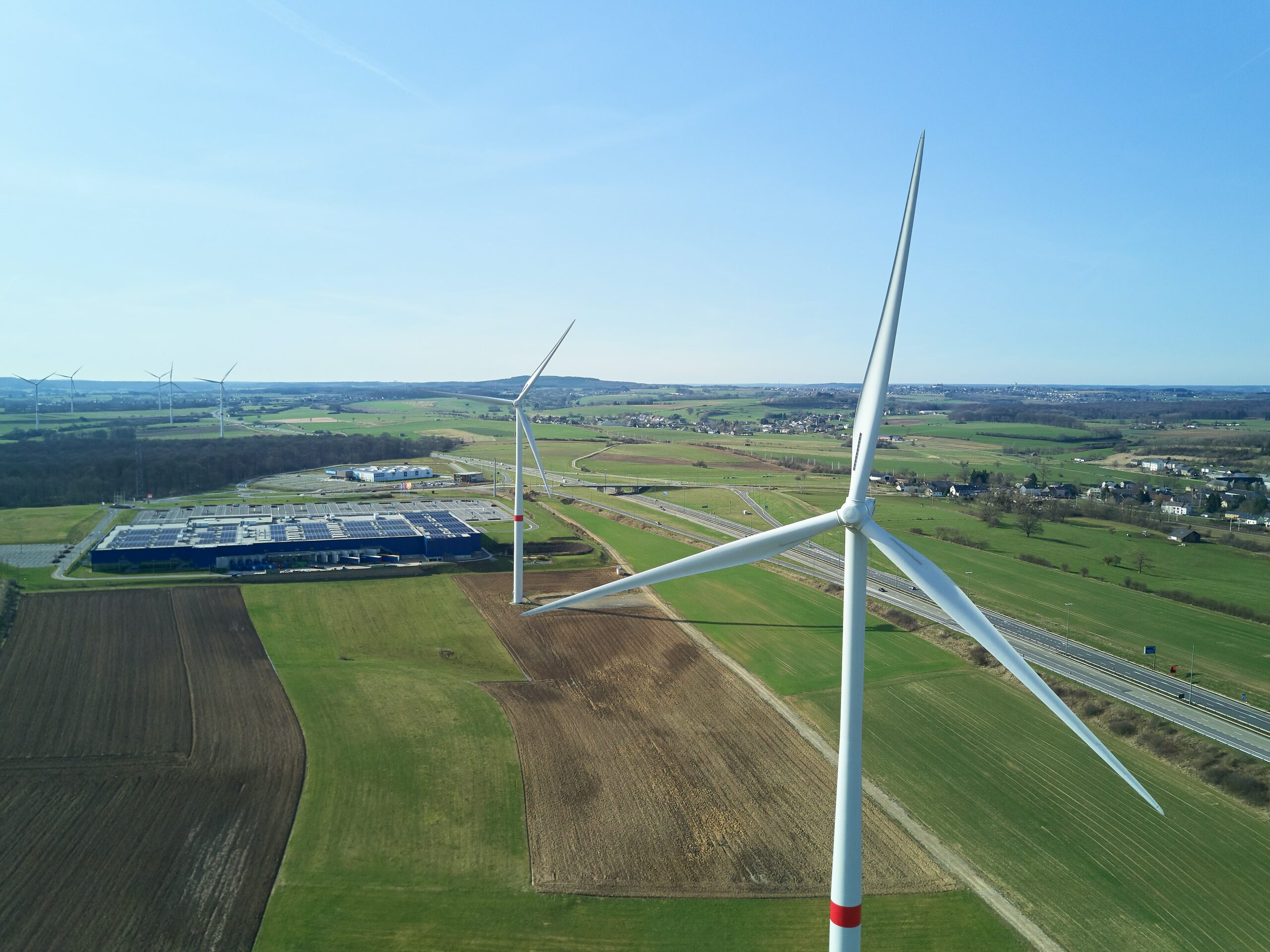In an era of increasing environmental awareness and the drive towards sustainable living, a new concept is gaining momentum on the energy landscape — energy communities. These collaborative initiatives are changing the way we think about energy production, consumption, and ownership, fostering a sense of local empowerment and contributing to the broader transition towards cleaner, more resilient energy systems.
What Are Energy Communities?
At its core, an energy community is a collective effort where individuals, households, or even businesses come together to actively participate in various aspects of energy. This can range from generating renewable energy through solar panels or wind turbines to collectively managing and distributing energy resources within a local area. By sharing the responsibility for energy production and consumption, energy communities shift the paradigm from a centralised model to a decentralised, community-driven approach.
EU’s Clean Energy for All Europeans Package (2019)
The rise of energy communities aligns seamlessly with the European Union’s Clean Energy for All Europeans package, introduced in 2019. This comprehensive policy framework sets ambitious goals for the EU’s energy transition, aiming to increase the use of renewable energy sources, enhance energy efficiency, and create a more integrated energy market. Energy communities play a vital role in achieving these goals by promoting grassroots involvement, fostering renewable energy adoption, and contributing to the reduction of carbon emissions.
Key Features of Energy Communities
-
- Local Ownership and Control: Energy communities empower participants by allowing them to have a direct stake in energy production and decision-making. This ownership cultivates a deeper connection to energy resources and encourages responsible consumption.
- Renewable Energy Adoption: By adopting renewable energy sources, like wind power, citizens directly contribute to reducing greenhouse gas emissions and mitigating climate change, leaving a positive legacy for future generations.
- Resilience and Community Building: Energy communities strengthen local resilience by creating self-sufficient energy networks that are less vulnerable to external disruptions. These initiatives also foster a sense of community cooperation and shared purpose.
- Economic Benefits: Members of energy communities often enjoy financial benefits, such as reduced energy costs and potential revenue from excess energy production that can be sold back to the grid.
Pioneering the Future of Energy
The WENDY project is promoting energy communities as one of the elements to ensure responsible and sustainable management of energy resources and systems to ensure their efficient use while minimising adverse environmental and societal impacts. Energy communities are not just about energy — they represent a fundamental shift in how societies perceive and engage with their energy needs. As communities band together to shape a more sustainable and resilient future, the concept of energy communities stands as a testament to the power of collective action and the potential for positive change at the local level.
In a world where sustainable practices are more important than ever, energy communities emerge as a beacon of hope, demonstrating that by working together, we can create a cleaner, greener, and more inclusive energy landscape for generations to come.

